(ECNS) -- That red Tesla is still parked on the White House grounds, but the once-close Tesla CEO Elon Musk and U.S. President Donald Trump have publicly split.
In just a few days, their differences over the tax reforms in the Inflation Reduction Act have escalated into a full-blown feud.
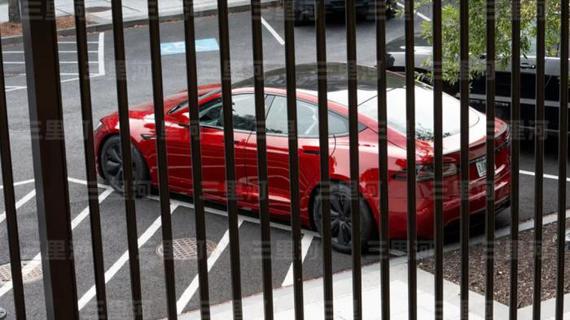
Last Thursday, Trump broke his silence, telling reporters he was very disappointed in Musk. At the same moment, Musk responded live on X: “Without me, Trump would lose the election.”
Musk then called for Trump’s impeachment and threatened to ground SpaceX spacecraft. Trump fired back, calling him ‘crazy’ and vowing to cancel billions in federal contracts with Musk’s companies.
All this comes after the two fell out over Trump’s promotion of “one big, beautiful bill.” Trump blamed Musk’s anger on the bill’s removal of electric vehicle (EV) tax credits. Musk was further infuriated by Trump withdrawing his ally Jared Isaacman’s nomination to lead NASA.
Their relationship evolved from rivals to close collaborators, only to end in a complete fallout. Now, their split is shaking up U.S. politics and rattling markets. Also last Thursday, Tesla stocks plunged over 14%, wiping out $153 billion in market value.
Tesla’s stock decline continues a downward trend linked to Musk’s political positioning: Year to date, Tesla shares have slid 29.5%, further dropping after June 5. Earlier, Musk spent nearly $300 million supporting Trump’s campaign, becoming one of the largest presidential donors in U.S. history, but his political investment has backfired.
Since the U.S. Supreme Court lifted restrictions on individuals and corporations in 2010, independent expenditure-only political committees, known as Super PACs, have emerged and money has played an increasingly influential role in American politics.
Chinese Academy of Social Sciences expert on U.S. issues Lu Xiang told China News Network that even donors within the same faction do not always share fully aligned interests. Overlapping yet divergent agendas have injected more uncertainty and division into American society.
U.S. political funding follows the logic of “donors giving money, politicians reciprocating.”
In the 19th century, victorious parties awarded patronage offices to supporters, leading to rampant corruption.
During Trump’s second term, Musk frequently visited the White House and attended Cabinet meetings. Overseeing the Department of Government Efficiency was seen as one of the returns Musk received—an avenue to secure benefits for his companies.
But unlike past behind-the-scenes dealings, Musk chose to air their conflict in real time under the spotlight, sending the political script spiraling. Now Tesla stands to lose subsidies, and the ties between entrepreneur and politician may crack.
According to JPMorgan analyst Ryan Brinkmant, if the big and beautiful bill and other proposed legislation passes, it could erase more than half of Tesla’s 2025 profits.
What began as a high-level dispute has, fueled by social media, devolved into a national spectacle—an all-out digital battleground.
In the age of social media, unpredictable and impulsive factors are growing, Lu said, adding that when parties comment without careful consideration, it can increase policy uncertainty and create more chaos.
From market losses and policy setbacks to intense public confrontation, the Musk–Trump split is producing ripple effects not just on individuals, but also on policy agendas, trust in political mechanisms, and even the credibility of American-style democracy.
After the storm, is there room for reconciliation between Musk and Trump—two figures bound by money and power? In an era where politics increasingly resembles a battle for attention, any reunion would likely just be another power play.

















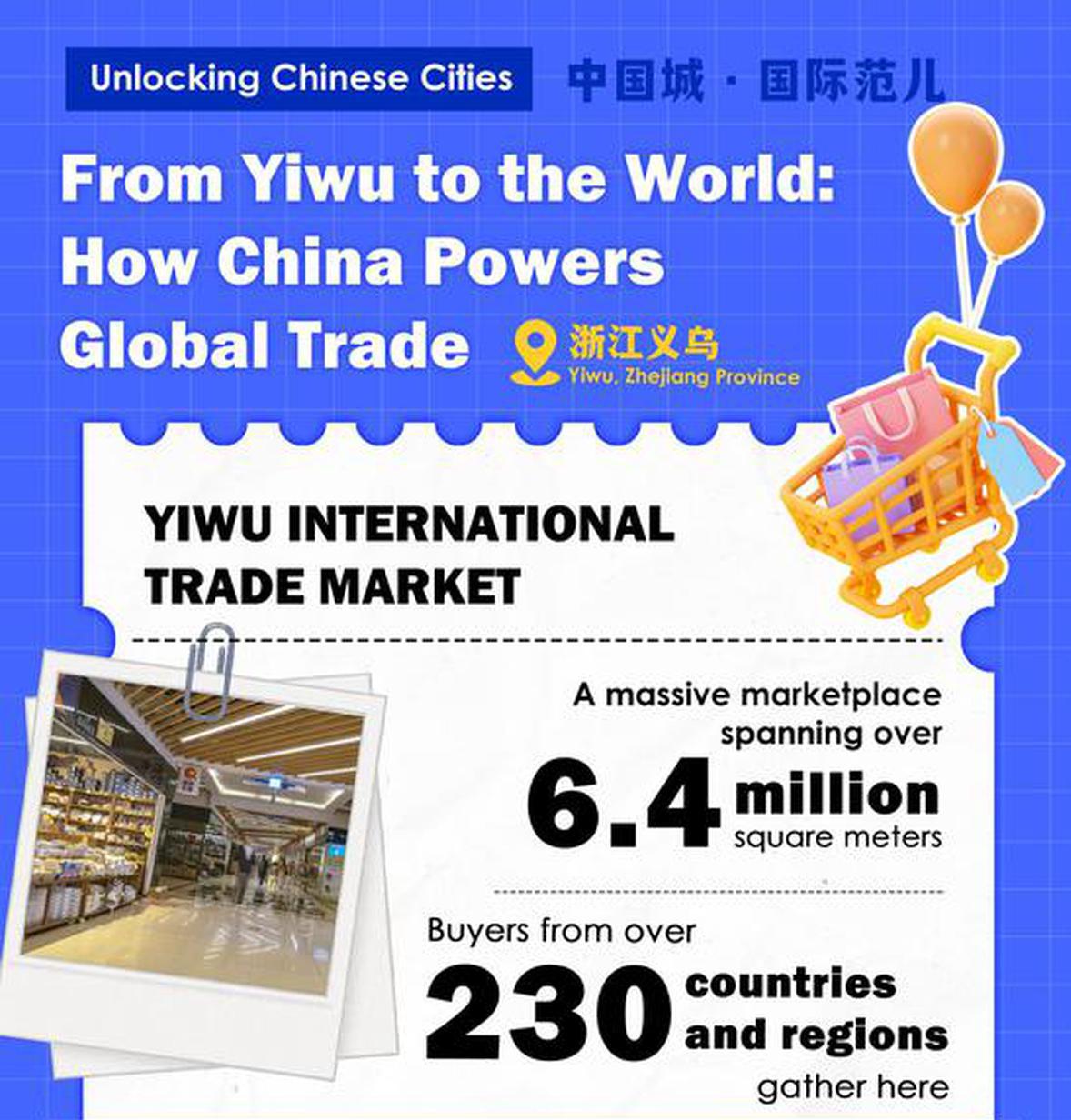

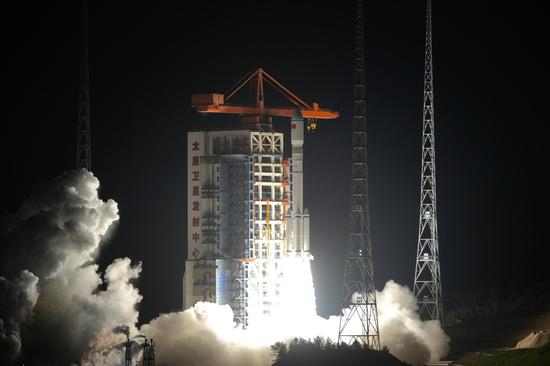


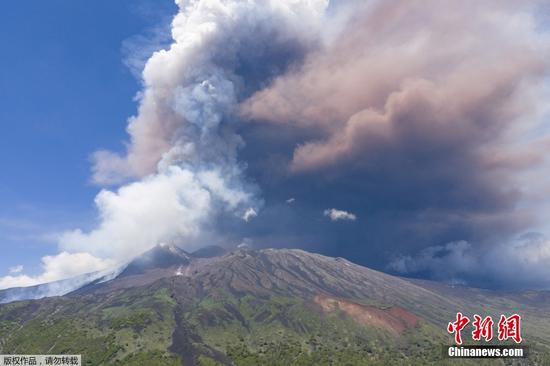
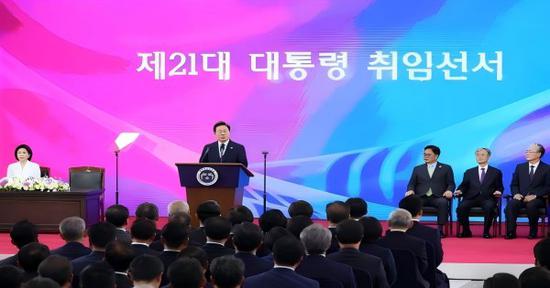
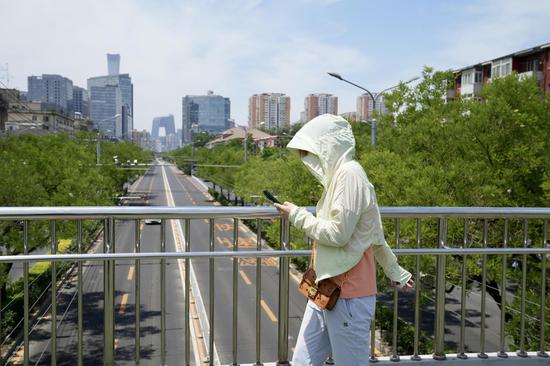







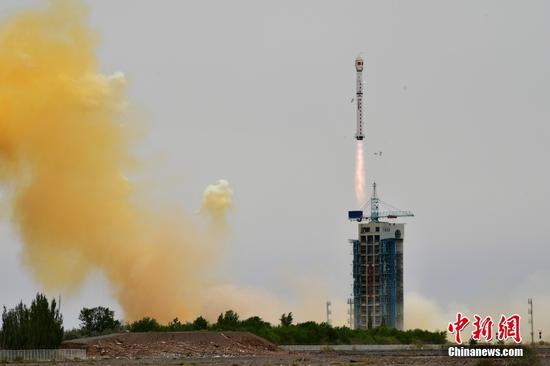


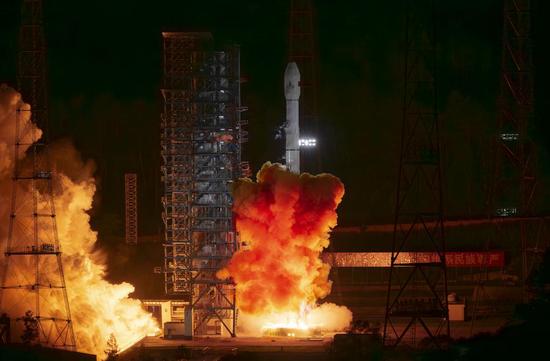








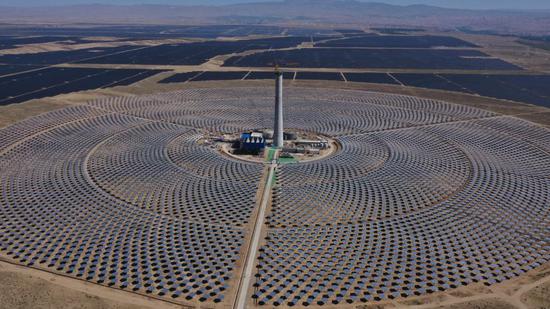



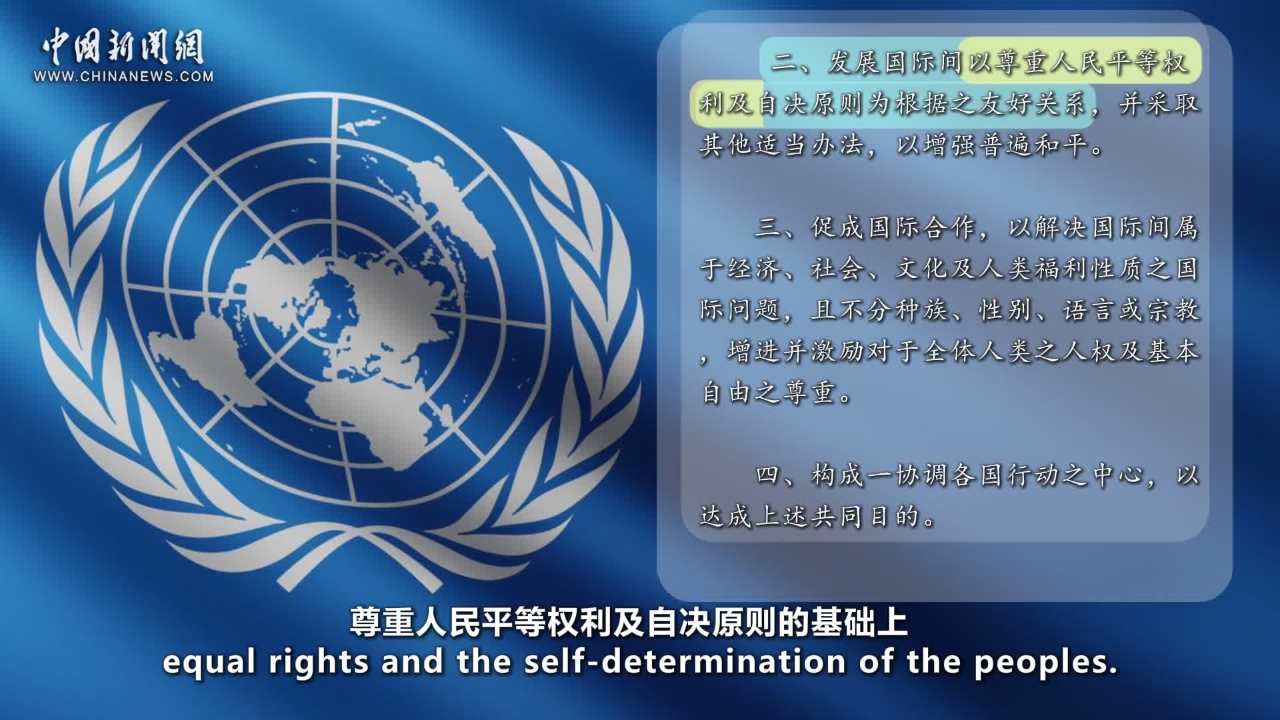

 京公网安备 11010202009201号
京公网安备 11010202009201号